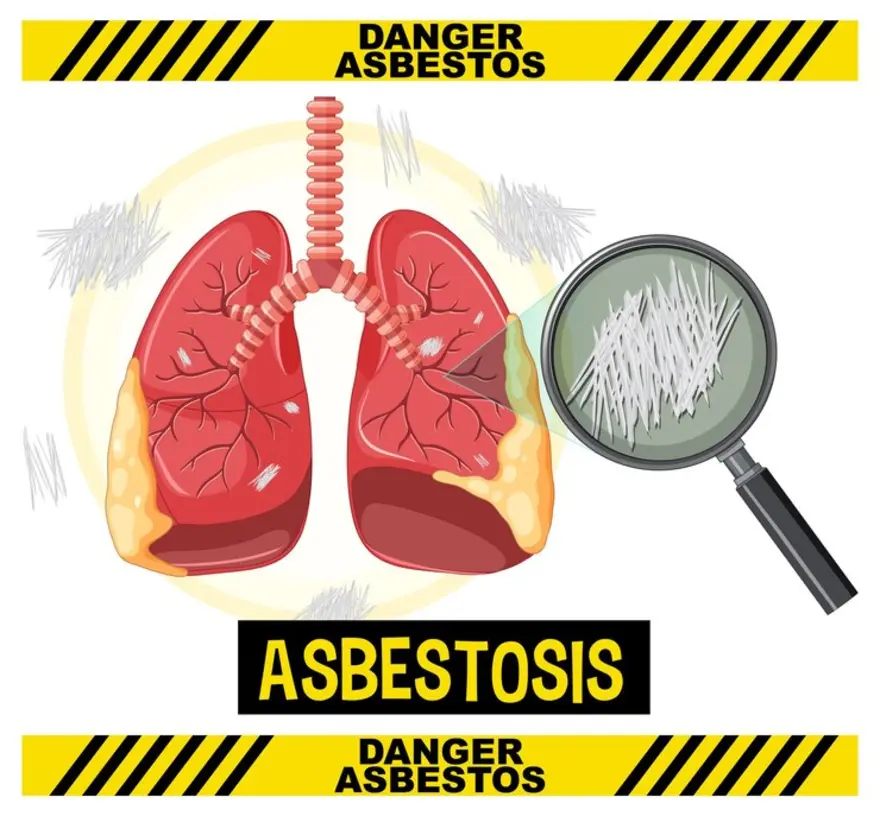Preventive Healthcare
Exploring Agoraphobia: Symptoms, Causes, Types, and Treatment
1284 Views
0

What is Agoraphobia?
Agoraphobia is a form of anxiety that causes individuals to develop an intense fear of certain situations, like being overwhelmed and not being able to get help or escape. Because of this fear, people who have Agoraphobia may want to avoid unfamiliar situations or new places. Some situations that can cause an attack include:
- Crowds
- Large, open spaces or enclosed areas
- Public transportation
- Places outside their home
How common is Agoraphobia?
It is believed that almost a one-third of all people who suffer from panic or anxiety disorders may develop Agoraphobia.
What are the types of Agoraphobia?
Fear of crowds is just one of the many types of Agoraphobia, but this should not be confused with a dislike for crowds, as an individual who has Agoraphobia may get bouts of extreme anxiety at gatherings like music concerts and may want to search for a way to move away from the crowd.
The different types of Agoraphobia include:
- Paranoid Agoraphobia: This condition is a combination of paranoia and Agoraphobia, where the individual may have false beliefs or heavily concentrate on something untrue (e.g., feeling threatened or endangered), which can put them in danger and a fear of being outside their comfort zone.
- Claustrophobia: This is the fear of small, confined spaces.
- Disorganized Agoraphobia: As individuals with Agoraphobia find it challenging to maintain a balance between their mental and physical health, they rely more on visual and tactical senses that can sometimes be distorted and cause them to feel like they are going to fall; for example, feeling disorientated due to wind on a bridge.
- Catatonic Agoraphobia: This type of Agoraphobia causes an inability to move or speak when placed in situations that cause fear.
- Enochlophobia: This is a common type of social phobia that includes an irrational fear of large crowds.
What are the symptoms of Agoraphobia?
Some of the most common agoraphobia symptoms include:
- Fear of leaving the house for extended periods
- Fear of losing control in public places
- Fear of being alone in social situations
- Fear of being in places that are difficult to escape
- Anxiousness or agitation
- Detachment or being estranged from others
You can also get a panic attack along with having Agoraphobia, in which case you may experience agoraphobia symptoms such as:
- Chest pain
- Dizziness
- A racing heart
- Trembling
- Choking
- Sweating
- Hot flashes
- Chills
- Shortness of breath
- Nausea
- Diarrhoea
- Tingling sensation and numbness in various parts of the body, including fingers, hands, arms, toes, feet, legs, mouth or stomach
What causes Agoraphobia?
The exact agoraphobia causes are still unknown. However, researchers believe that having other existing panic disorders like phobias, anxiety disorders, and psychotic disorders can cause intense attacks of fear for no reason.
What are the risk factors for Agoraphobia?
The research found that women are more likely to develop Agoraphobia, and it is more common among individuals between the ages of 17 to 35 years. Some other common risk factors for developing Agoraphobia include:
- Having panic attacks
- Feeling excess fear and apprehension in response to panic attacks
- Phobias like social phobia and claustrophobia
- Having anxiety disorders such as generalized anxiety disorder or obsessive-compulsive disorder
- A family history of Agoraphobia
- Experiencing stressful events in life like the death of a loved one, physical or sexual abuse
How is Agoraphobia diagnosed?
If you have frequent anxiety attacks that interfere with your daily life, you may need to talk to your physician or mental health provider. They may ask you a series of questions like:
- Are you stressed when thinking about leaving the house?
- Do you have any places or situations you are afraid of and tend to avoid? What is the cause of this fear?
- Do you often rely on someone else to do errands like shopping?
Based on your replies to these questions, as well as the agoraphobia symptoms you may be experiencing, your doctor may give you an agoraphobia diagnosis. At this point, being open and honest with your doctor about what you are experiencing is essential. To receive an agoraphobia diagnosis, a person must have experienced extreme fear or panic in two or more of the following situations:
- Being in an open space
- Using public transport
- Standing in a line
- Being in a crowd
- Being in an enclosed space like a meeting room, movie theatre, or small store
How is Agoraphobia treated?
Your Agoraphobia treatment may include either one or a combination of the following:
Psychotherapy
In this kind of Agoraphobia treatment, a therapist may help you work through your fears. They may use cognitive behavioural therapy to help you understand your concerns and the cause of your anxiety. This is one of the most commonly used agoraphobia therapies that teaches you ways to react more productively to your surroundings. You can also use different kinds of relaxation and desensitization techniques where your healthcare provider will make you imagine a scary situation and motivate you to manage your feelings better before actually taking part in an activity that previously caused anxiety.
Medications
Another common form of agoraphobia treatment is using medication like serotonin reuptake inhibitors or serotonin-norepinephrine reuptake inhibitors to treat depression and different types of anxiety disorders.
Lifestyle changes
Making a few simple changes in your lifestyle also helps manage Agoraphobia more effectively. This includes:
- Eating a healthy, well-balanced diet
- Practicing breathing exercises
- Exercising regularly
- Avoiding alcohol, caffeine, and other addictive substances
What Is the outlook for people with Agoraphobia?
While it is not always possible to prevent cases of Agoraphobia, if you get treatment in the early stages of the condition, you have a good chance of getting better. It was found agoraphobia treatment at an early stage is usually quicker and easier, so do not hesitate to get help at the earliest.
Conclusion
Agoraphobia sometimes makes you feel isolated and afraid; however, timely treatment can help you effectively manage agoraphobia symptoms. If you think you have Agoraphobia or any anxiety disorder, it is best to contact your healthcare professional immediately. Regular check-ups and diagnostic tests are essential steps to living a healthy lifestyle. Metropolis Labs helps you get safe and reliable diagnostic tests in the comfort of your home.













1701259759.webp)









 WhatsApp
WhatsApp